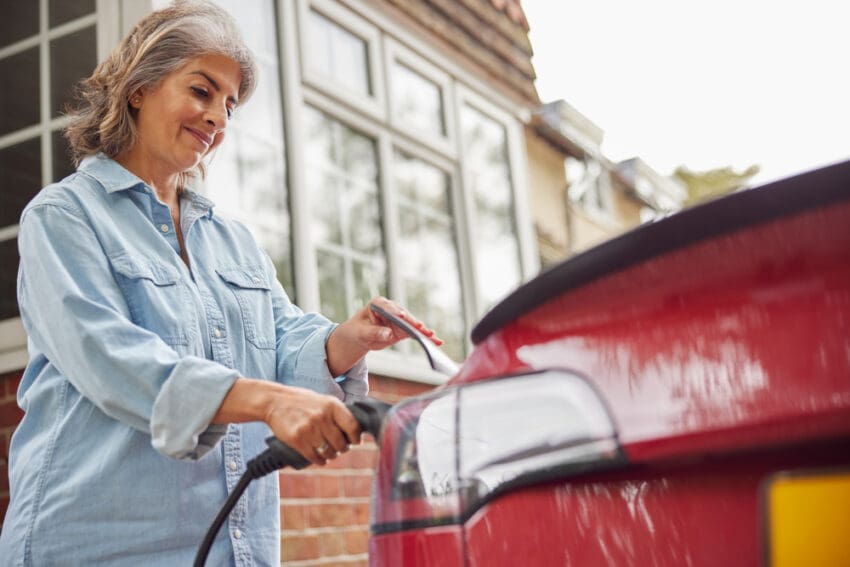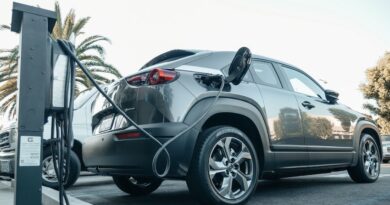Home charging costs drop to four-year low
Charging an EV at home is now the cheapest it has been since 2021, according to new analysis.
Data from Allstar shows that the cost of home charging has dropped 15% in the past six months and is now the lowest it has been since the start of the cost-of-living crisis.
The analysis by the leading fleet fuelling and expenses company also shows a more modest 5% drop in public charging costs.
The AllCosts report from Allstar revealed that the average cost of charging an electric vehicle at home has dropped around 15% over the spring and summer, from around 28p per kWh to 24p/kWh.
It also found that electricity prices on the public charging network have dropped by 4p/kWh, from 82p in the first quarter of 2024 to 78p in Q3. The lowest recorded cost was 25p/kWh.
Ashley Tate, managing director of Allstar Chargepass UK said: “The transition to electric vehicles continues, and while it may have faced some headwinds this year, the industry is hard at work investing in infrastructure, with more than 59,000 charge points now on the Allstar network and ChargeUK claiming a new connector goes online every 25 minutes.
Running costs remain a key topic around EVs. A survey by Zapmap found that three-quarters of EV owners cited lower running costs as one of their favourite features of their vehicle. Research by Startline also shows that dealers report a strong link between rising fuel costs and consumer interest in EVs.
While the average domestic charging cost remains at 24/kWh, the best home tariffs offer rates as low as 6.7p/kWh. That means an average family EV can be run for as little as 2p per mile, compared to around 15p per mile for an equivalent petrol car.
Paul Holland, managing director for fleet at Allstar parent group Corpay, said while costs were down now, the longer-term picture was unclear. He noted: “This year has seen mixed messages when it comes to running costs and decarbonisation. With our analysis showing that both electricity and fuel prices are trending downwards, businesses running cars and vans are no doubt welcoming the breathing space financially.
“As we approach the close of the year, we have seen various geopolitical events both locally and internationally that will continue to cast their shadow. This does mean that it will be harder to predict the prices that businesses and individuals will pay to refuel or recharge, and more than ever it’s important to plan ahead and make savings wherever possible.”






